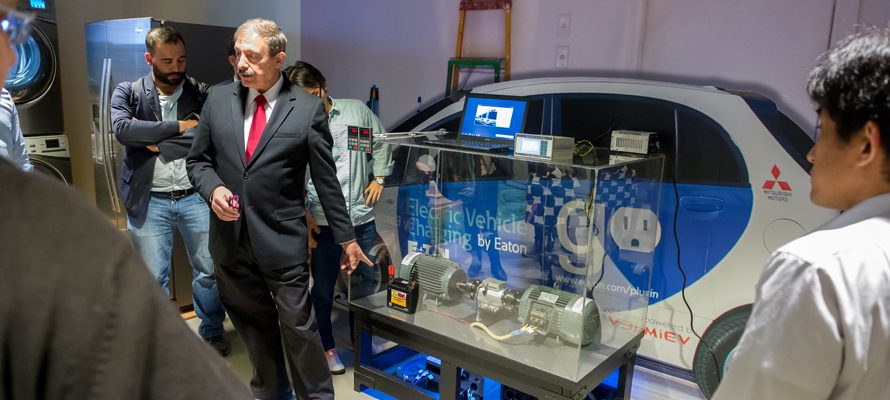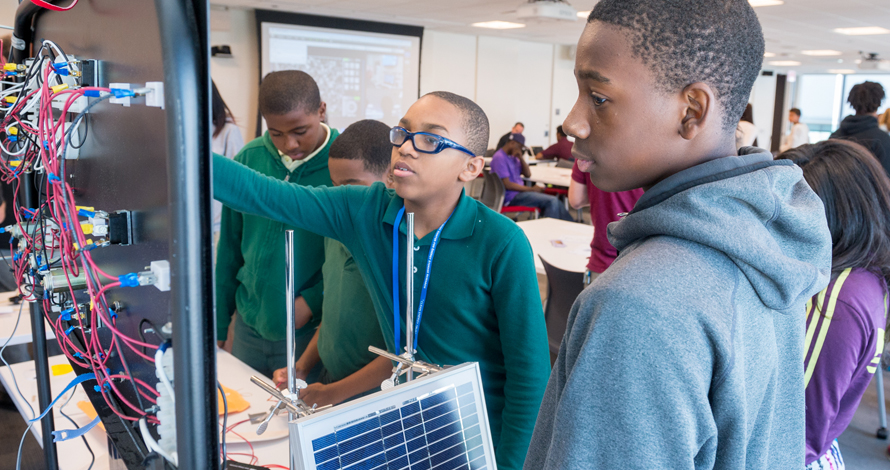
At the conference, more than 150 of the world’s leading academics, scientists, and engineers discussed the priority areas of lithium sulfur rechargeable battery chemistry research within four main topic areas:
- Mechanisms: Discussions on how and why lithium sulfur operates, the fundamental issues that remain to be solved, and promising approaches to solving them
- Modeling: How the lithium sulfur chemistry can be modeled at the atomistic and continuum levels and what insights this gives into cell operation and control
- Materials: New materials for anode, electrolyte, and cathode that advance lithium sulfur battery chemistry at the research cell and commercial battery levels
- Applications: The status of applications for lithium sulfur batteries in flight, marine, and land-based systems and the performance metrics that will make them competitive
Each year, a different country is selected to host this meeting. In 2018, JCESR was proud to host the first U.S. Li-SM3 conference in Chicago. Next year’s conference will be held in Beijing.
Other Conferences
Each year, JCESR researchers participate in many energy storage conferences where we are invited speakers, session moderators, and presenters. Recent notable conferences include the Materials Research Society Meetings in both fall and spring; the Electrochemical Society Meetings in fall and spring; the Advanced Automotive Battery Conference, fall and spring; and the annual Beyond-Lithium-ion Symposium.
Regional Events
JCESR has organized nine regional events spanning the entire U.S. At these events, we engage local universities, industry, and other institutions to discuss the challenges facing the region.
For example, in Mississippi, we discussed the ways energy storage can help build a more resilient grid after the devastating effects of hurricane Katrina. While in California, we discussed electric vehicles, and in Texas, we discussed the ways to best store energy from the many wind farms in the region.
We also held educational outreach events with high school students to give them a hands-on opportunity to build a real working battery while learning from the JCESR team the many opportunities available in science and engineering.


